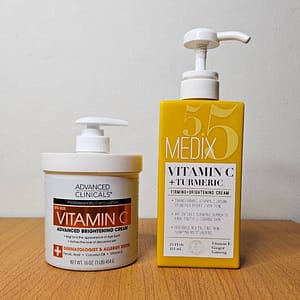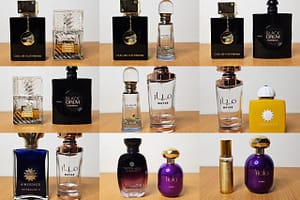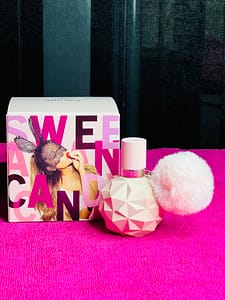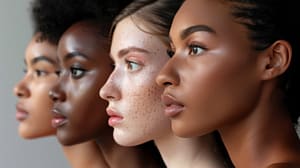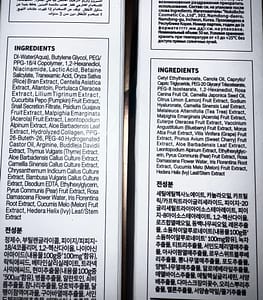Becoming a fragrance enthusiast can feel like learning a whole new language! With so many specialised terms, it’s so easy for you to get lost in the lingo. Think about it – top notes, accords, sillage, etc – it’s like speaking a different dialect. And let’s be honest, some of these terms can be downright confusing, especially for those starting out. A friend of mine commented on one of my perfume reviews saying she never had understood most of the terminologies I often used when reviewing perfumes. So I decided to start this deep dive series into the world of perfumery to build your vocabulary and clarify some misconceptions.
Terminologies commonly used in perfumery.
Perfume
A perfume is a liquid mixture that emits a pleasant smell. It is a mixture of fragrant essential oils derived from plants and animals or synthetic fragrance oils, fixatives and solvents – often alcohol, but can also be neutral smelling oils like coconut oil or liquid waxes like almond oil.
Fragrance
Overtime, the terms perfume and fragrance have been used interchangeably. However, they do not exactly mean the same thing. A fragrance is a combination of organic/chemical compounds that produce a distinct smell or odour. By this definition, we can understand that though a perfume may be called a fragrance casually, it is actually made up of different fragrances and is not a fragrance in itself.
Notes
Notes in perfumery are used to describe the scents you perceive when you apply a perfume. It is the individual ingredient or single scent found in a fragrance. Perfumes usually are made up of different notes grouped into three layers, classified by how quickly they dissipate – top/head notes, middle/heart notes, and base/soul notes.
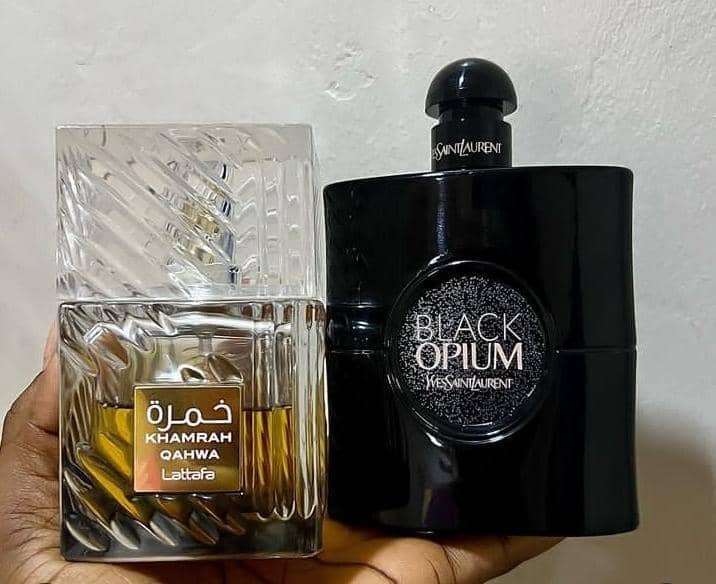
Accords
An accord is simply a blend of multiple fragrance notes to form a unique complex scent. These accords represent a unique characteristic of the perfume. To better understand what an accord is in perfumery, think of it as what you get when you mix different colours to get a new, unique colour. You can also think of it like genres in music. When 2 or more genres are fused to make a new and unique genre, just like jazz or hip hop. A very important thing to note about an accord is that all the notes in an accord, as a whole, are very harmonious.
Longevity
Longevity simply means how long you can perceive or detect the perfume on the wearer. This starts to count from when you first apply the perfume till when the base notes finally fade away. There are a lot of factors that affect the longevity of a perfume, these include:
- The quality of the fragrance oil.
- The notes in the perfume especially the base notes.
- The fixative used in the formulation of the perfume.
- The maturation of the fragrance oil.
Sillage
Sillage is a french word that means “wake” which describes the foaming track of waves that it makes behind it as it moves through the water. In perfumery, it is used to describe the ripple or trail of a perfume that the wearer leaves behind when he/she leaves the room. Sillage often gets confused with Projection, however, Sillage is measured when a perfume wearer is moving while projection is measured when the perfume wearer is stationary.
Projection
Projection refers to how far away from the wearer, the perfume can be smelled from. Basically, it is how far the perfume pushes out from your body. Perfumes with low projection are often referred to as skin scents. The projection of a perfume is usually influenced by various factors including:
- The concentration of fragrance oil in the perfume.
- The fragrance notes or family.
- Environmental factors.
Performance
When rating the performance of a perfume, 3 factors are considered – Longevity, Sillage and Projection. Performance and Longevity are often used interchangeably. However, performance is basically an overall impression of the wearer of how potent a fragrance is, talking into account the objective measure of all 3 metrics/factors – how long a perfume remains recognizable on the skin (longevity), how well it trails behind you when you move (sillage), how much it lifts off the skin and perfuses the air around you (projection).
Maturation
This is not to be confused with Maceration. Maturation is the time required for a perfume concentrate to age or reach its full potential before being put into a base. When a perfume is blended, it undergoes a two step ageing process for up to six months. The first stage, maturation, is where the perfume concentrate or oil is mixed and left for a couple of weeks to harmonise. The second stage, maceration, involves adding the alcohol and allowing it to sit for months. Proper maturation of the fragrance oils is essential to guarantee a high quality perfume especially with regards to its longevity.
Maceration
Fragrance maceration is when a freshly mixed perfume is left to sit undisturbed, allowing its various ingredients to blend and mature. So while maturation refers to the ageing of the fragrance oil before being mixed with the base or carrier, maceration refers to the ageing of the finished product – the perfume itself. This can last from a few weeks to several months depending on the perfume and the desired outcome. One of the effects of maceration is that the ingredients can undergo esterification, where acids and alcohols form esters—compounds often noted for their sweet or floral scents, this significantly alters the overall scent of the perfume.
There is still a heavy debate on the definition of maturation vs maceration however, it is important to note that they do not mean the same thing.
Niche
People often take niche in perfumery to mean expensive and often classify designer perfumes as niche or expensive mainstream perfumes as niche. However, niche is basically an alternative to mass produced perfume production. It is a specific market sector formed by consumers with a distinct demand, such demand may be exclusivity, lifestyle, religiosity, etc. They are usually sold in select stores or via their company website because the goal of niche perfume houses is not to sell as much as possible but to cater to the exclusive needs of their clients. Therefore, most designer perfumes, though expensive, do not fall into the niche category. Two examples of niche perfume houses would be Amouage and Parfums de Marly.
And there you have it! – 10 must-know terms for every perfume enthusiast! I’ll keep adding more terms to this list so feel free to revisit this article anytime you like, and let me know in the comments below what you’d like to learn next. Ciao!
Related
Discover more from Nykylicious
Subscribe to get the latest posts sent to your email.

